Dualis’ mission is to develop and implement programs that ensure the normalization of at-risk populations in employment.
This mission is achieved by bringing together employers and young adults for On- the-Job-Training (OJT), leading to employment integration.
Dualis accompanies and counsels’ workers AND employers as they learn to work together for the first time. Our overarching goal is to develop and nurture life skills for young people on the margins of Israeli society.
Dualis envisions a society where underserved populations find secure and equitable employment, becoming normative and productive citizens.
Our mission aims to shift employer- attitudes regarding the employment of at-risk populations to see them as dependable, motivated, and productive members of society.
Dualis is positioned as a protagonist in the work-world, propelling individuals and the economy based on a decade long learning process of social and impact investment focusing on young adults at risk
For the 200,000 Israeli young adults at risk (18-30) one of the biggest hurdles to face is the lack of professional skills or knowledge. Consequently, they essentially have little equity in the work-world, diminishing their chances to become productive and self-sustained members of society.
Employers dealing with a constant shortage in human capital are eager to recruit new hires and are willing to train them. In fact, in industries such as food, healthcare, insurance, and retail, to name a few,
OJT is the preferred process to recruit new hires.
However, the integration and retention of young adults at-risk is tricky for both sides: due to their background and circumstances, young adults at risk require professional social support to help them overcome personal challenges preventing them from acquiring and holding onto jobs. Employers aren’t aware of this aspect and lack resources or knowledge to support at-risk employees.
In some cases, previous attempts to promote young adults in employment were hindered due to this unidentified gap in need. Dualis works with 200 young women and men every year. We help 80% of them integrate into employment and 70% of them retain their job for an extended period of time.
Until 2009, in Israel, businesses combining social impact in their daily operations was a far-fetched notion. For-profit entities engaged in social impact through proxies, namely not-for-profit organizations aligned with the business’s areas of interest. The partnerships forged between both sectors created a diverse and vibrant landscape, harnessing the best of both. Notwithstanding, this model constricted the ability to propel social impact, especially in new areas.
It limited the scope of social impact work to known funding pathways. It maintained the equilibrium between business and social impact in which each side brings to the table what they’re good at: funding or activity.
Mostly, it limited business and social entrepreneurs who searched for ways to combine monetary and social profit.
The game changed in 2009 when Dualis, founded by Chanoch Barkat, set out to shift the way we think about social investments.
Dualis envisioned a work world that is open and accepting to all, regardless of background or circumstances. The vision could manifest if workplaces were geared towards social impact, not at the expense of profitability. In other words, a new hybrid business model was needed, a model we now know as Social businesses.
Entrepreneurs and social businesses are parts of a larger ecosystem. They need money, and they need to appeal to investors to get that money.
Dualis was committed to raising funds for social investment in Israel and established the Yozma Fund in partnership with the Israeli National Insurance Foundations, the National Lottery (Mifal HaPayis) and the Jewish Federation of New York (UJA). Through the fund, Dualis intended to invest and own various social businesses that would offer employment to populations removed from the work world, such as youth at risk, people with disabilities, young adults at risk, single mothers and Arab women.
After engaging with the Israeli Ministry of Justice, the regulator of corporations, Dualis was legally recognized as a not-for-profit. That meant Dualis could raise funds from philanthropy also- social businesses’ natural partners.
Under the initial plan, Dualis owned the social enterprises it invested in. Profit made circled back to the business, ensuring financial sustainability.
Social businesses have one significant pain point: the resources needed to maintain the social aspect of the business. For instance, a restaurant employing youth at risk. Due to their circumstances, youth at risk need social support to usher them into employment. The restaurant would need to hire a social worker and show patience and leniency while the youth get accustomed to the work environment. All while managing a business with clients, timelines and budgets.
The initial plan didn’t pan out as expected. Dualis adjusted its model and pivoted to an investment-only model, which minimized the risk and helped to diversify the investment portfolio.
During this time, Dualis maintained the proliferation of Social enterprises in academia, media, and government ministries.

Dualis is an Israeli registered association
32 Shoken St., 2BHub, 2nd floor
Audited financial reports